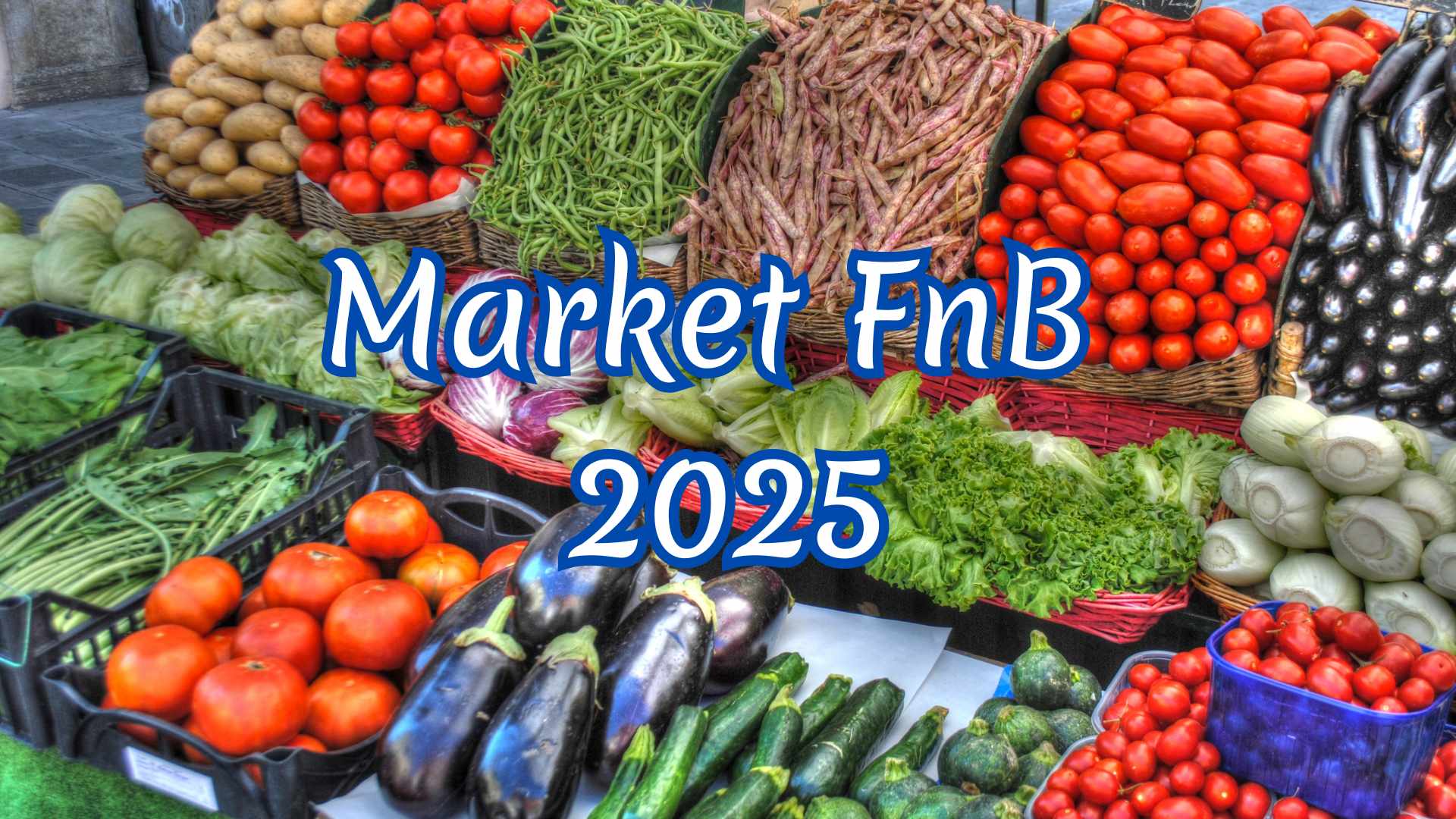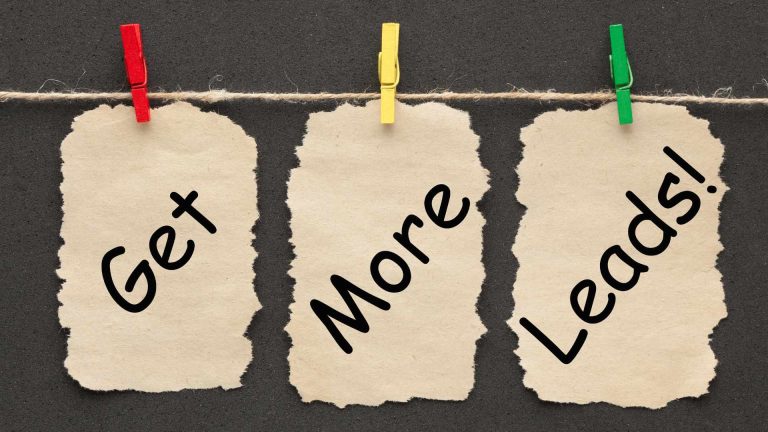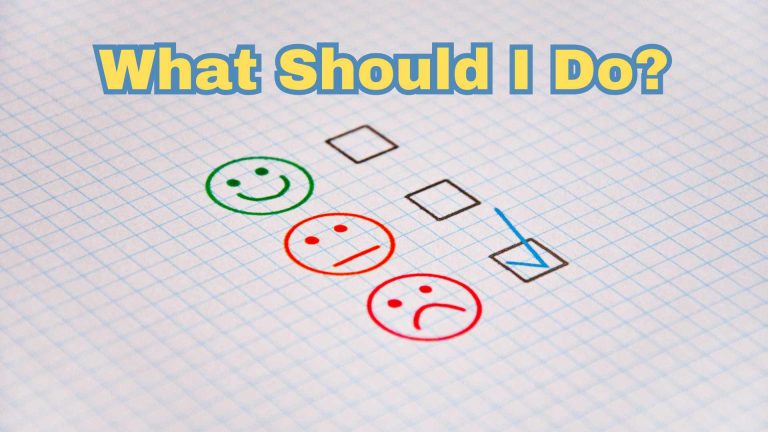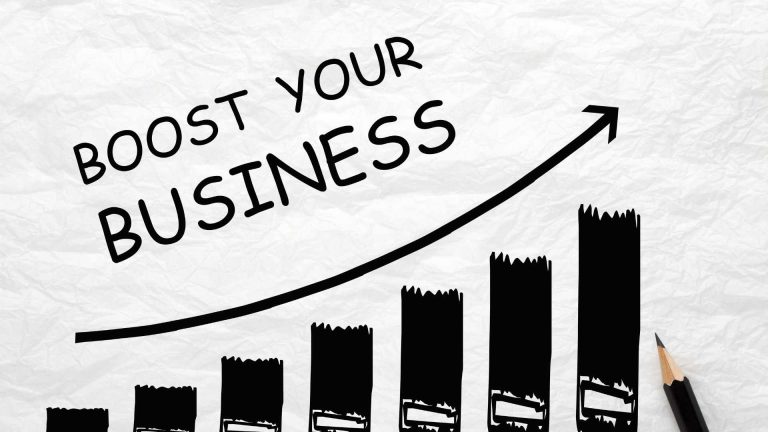In Today’s Economy, Should You Start an F&B Business in 2025 or Explore Other Industries?
Starting a business in 2025 requires careful evaluation of market trends, economic conditions, and industry resilience. The food and beverage (F&B) industry has always been a staple in global economies, but is it the right choice in the current landscape? Or should you explore alternative business opportunities? Let’s break it down.
The F&B Industry in 2025: Opportunities & Challenges
Opportunities
- Essential Demand – People will always need food, making F&B a necessity-driven industry that remains relevant regardless of economic fluctuations.
- Innovation & Tech Integration – Advancements in food tech, automation, and AI-driven customer experiences are reshaping how restaurants and food brands operate, creating new opportunities for efficiency and growth.
- Health-Conscious Consumers – The demand for organic, plant-based, and sustainable food options is rising, opening doors for businesses that align with these trends.
- Delivery & Cloud Kitchens – The success of food delivery platforms and ghost kitchens reduces operational costs while expanding reach, making F&B more scalable than before.
Challenges
- Rising Costs & Inflation – Food prices, labor wages, and rent costs continue to increase, putting pressure on profitability.
- High Competition – The F&B industry is saturated, making it difficult for new entrants to differentiate themselves.
- Regulatory Compliance – Health and safety regulations are becoming stricter, requiring businesses to allocate additional resources for compliance.
- Consumer Behavior Shift – Economic uncertainty may drive consumers to be more selective in their spending, impacting the frequency of dining out.
Alternative Business Sectors to Consider in 2025
While F&B has its merits, other industries may offer lower risks and higher returns. Here are some promising alternatives:
1. E-Commerce & Digital Products
- Low overhead costs compared to physical businesses.
- Global scalability and 24/7 market availability.
- Affiliate, print-on-demand, and digital courses require minimal upfront investment.
2. Health & Wellness Industry
- Increasing demand for mental health services, supplements, and fitness solutions.
- Subscription-based models provide recurring revenue.
- Low-risk options include online coaching or selling digital health guides.
3. Sustainable & Green Businesses
- Consumers are prioritizing eco-friendly brands.
- Opportunities in solar energy, zero-waste products, and upcycled fashion.
- Many governments offer incentives for sustainable startups.
4. AI & Automation Services
- Companies are investing in AI-powered tools to streamline operations.
- Services such as AI chatbots, automation software, and machine learning solutions are in high demand.
- Skilled professionals in AI development can thrive in this sector.
Which Business Should You Start?
If your passion and expertise align with F&B, you can still succeed by focusing on innovation, differentiation, and cost efficiency. However, if you seek lower risk, faster scalability, and less regulatory pressure, exploring e-commerce, health, sustainability, or AI-driven businesses may be more lucrative.
Final Thoughts
The key to success in 2025 isn’t just picking the right industry—it’s about executing a solid business model, leveraging technology, and adapting to economic shifts. Whether you choose F&B or another sector, research, strategic planning, and market adaptability will be your biggest assets.
Need expert guidance on starting your business in 2025? Let’s connect and explore the best strategies for your success!





